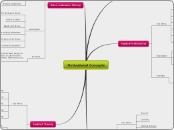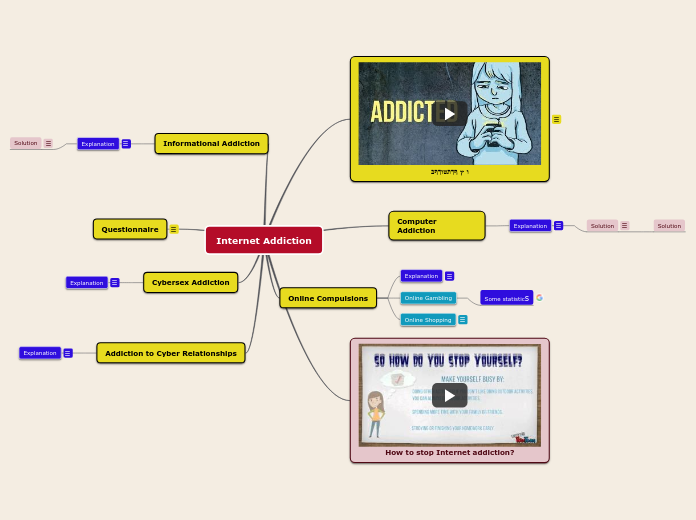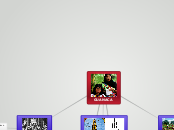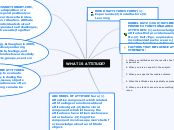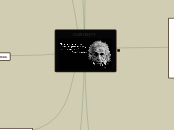arabera Erica Johnson 11 years ago
295
AP Psych Ch 11 Map
The exploration of motivational concepts reveals various theories that explain human behavior and needs. One such concept is Arousal Theory, which suggests that individuals are driven to increase their stimulation through curiosity and exploration of their environment.
